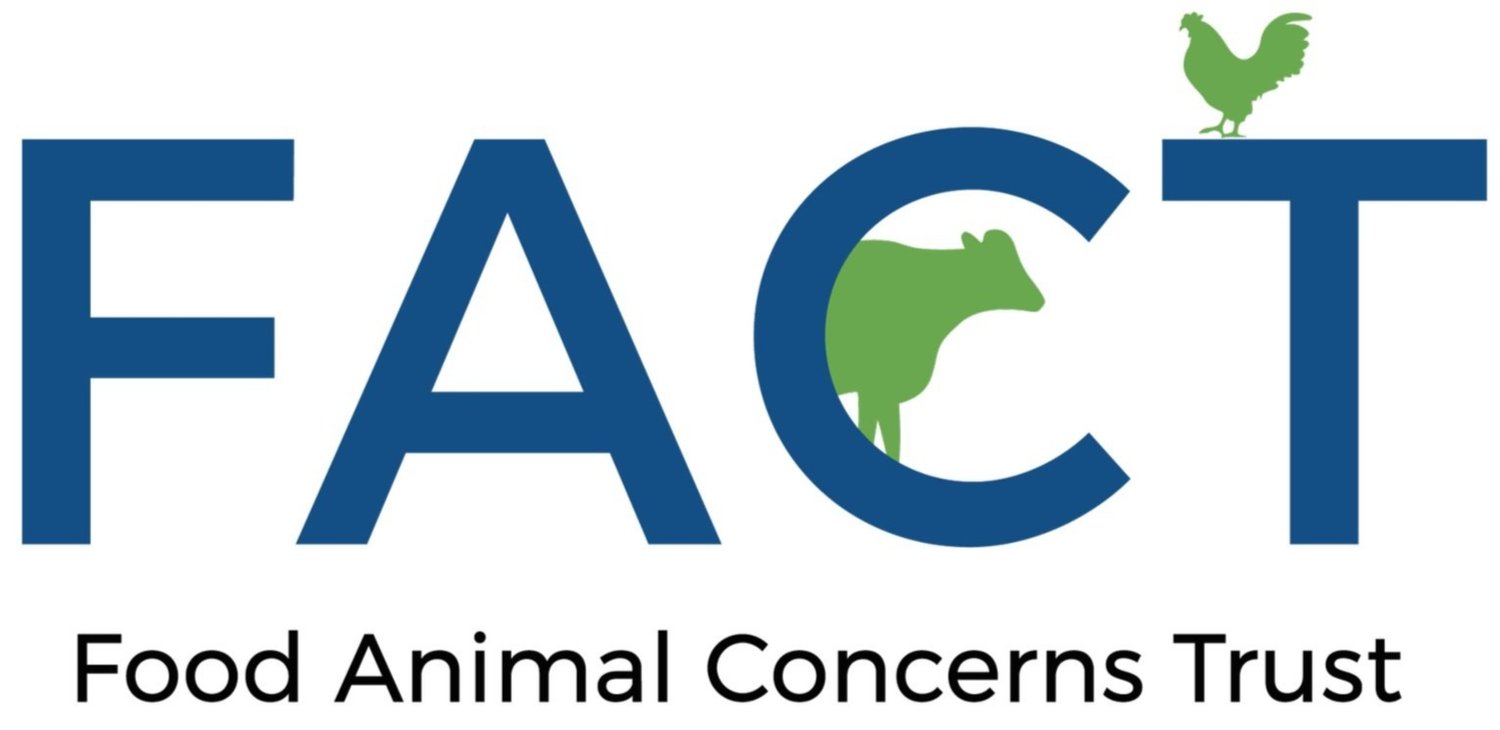How to Avoid Products that Contribute to the Spread of Superbugs
Antibiotic resistance is an ever-present and growing danger. Due to the overuse of these medicines in both food animals and human medicine, antibiotics are becoming less effective — even for people who don’t eat meat.
So what can you do about it? History has shown us that individuals have the power to bring about change, and this is especially true when we vote with our wallets. Agribusiness is just that — a business. The industry will always follow the money, so show them what you expect from your food by selecting only animal products that are produced with responsible antibiotic use.
Take the steps below when food shopping to stop the spread of antibiotic-resistant infections. You’ll also be sending a powerful message to grocers that they need to get superbugs off the supermarket shelves.
1. Know before you go. Even before you head to the grocery store, think about which store you want to patronize. All stores are not created equal, especially when it comes to their policies regarding food animal care and meat production. Read the first-of-its-kind report Superbugs in Stock to get an idea of just how many of the grocery stores around you have not created policies to restrict the overuse of antibiotics by their private-labeled meat suppliers. Spoiler alert: it’s almost all of the top U.S. grocery chains. Check out page 11 of the report to see which natural/regional grocers, not among the top 12 evaluated in the report, have meaningful policies on antibiotics.
2. Avoid misleading labels. Packaging and containers reading “100% natural,” “free range” or “cage-free” may not be verified and do not indicate responsible antibiotic use.
3. Trust certified labels. Seek out labels like those listed on our website and below. These have been vetted by third parties and are legitimate. For example, food with Global Animal Partnership (GAP) certifications was raised without hormones, antibiotics, cages or crates. Food only labeled “100% natural” almost certainly did not observe these practices and standards. USDA Process Verified labels stating “raised without antibiotics” or “no antibiotics ever” should mean the animal was raised with responsible antibiotic use but may not have been raised under high welfare conditions.
The majority of the meat produced in the U.S. is not raised responsibly, and it can be daunting trying to find the most humane and healthy option. But by purchasing meat that is humanely raised without the use of routine antibiotics, you are doing more than just protecting your own health and the health of your family. You are saying “no” to the products and the practices of abusive factory farms and therefore increasing the demand for a more sustainable food system — one that protects the health of consumers and ensures the welfare of animals. Local farms and farmers markets can be a great source for meats raised without routine antibiotics. Check FACT’s guide to buying at farmers markets.
We can’t wait for our government to ban the misuse of antibiotics. It’s time to take matters into our own hands by investing in companies that care about our health and the health of the planet.


